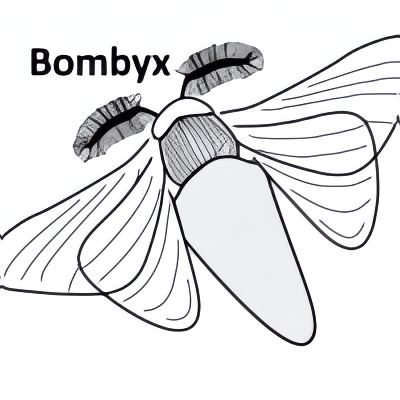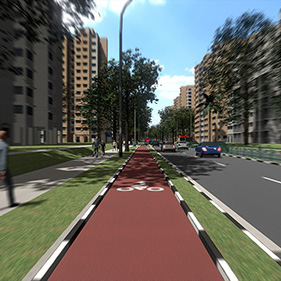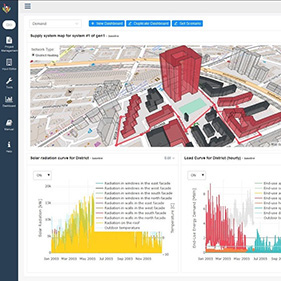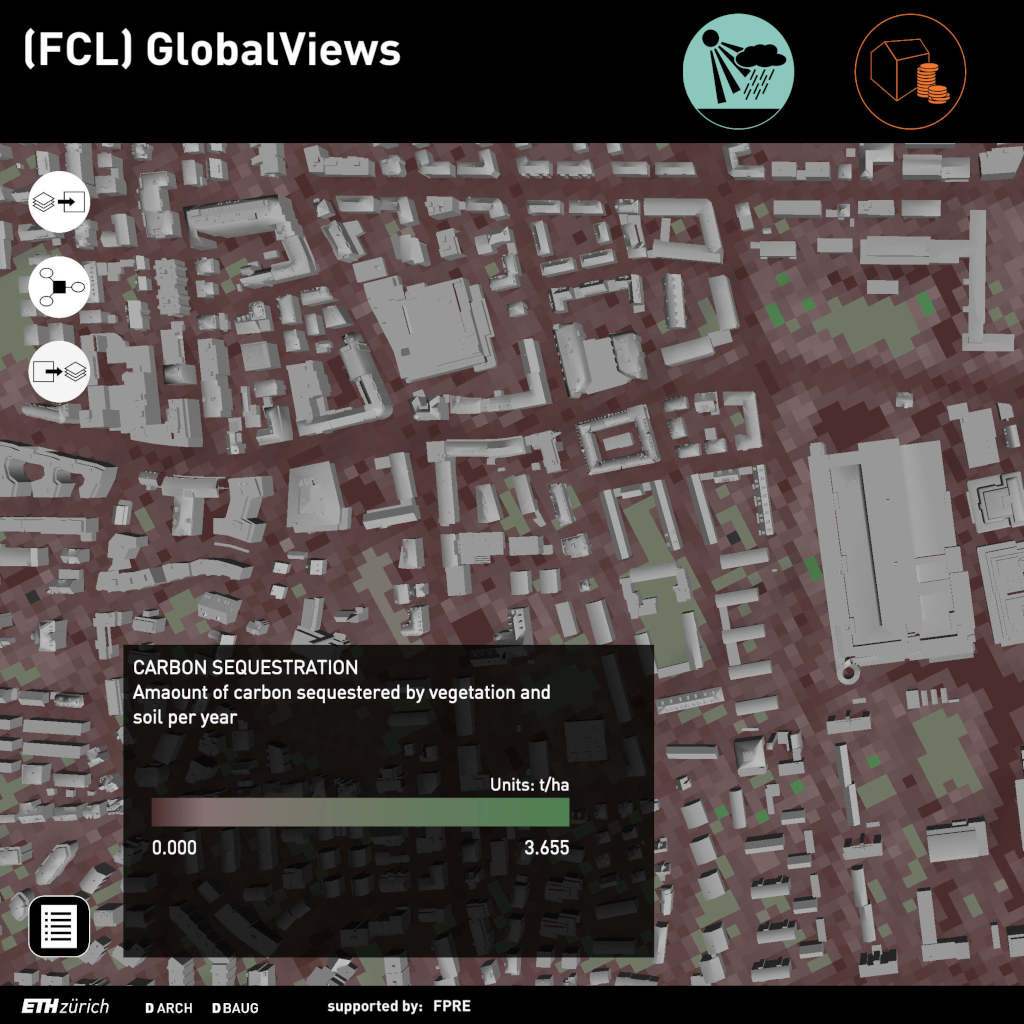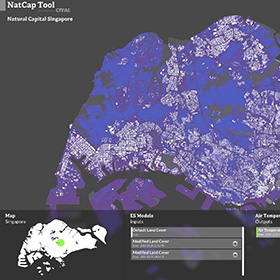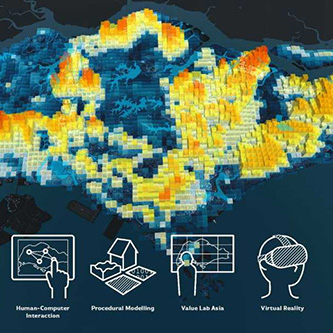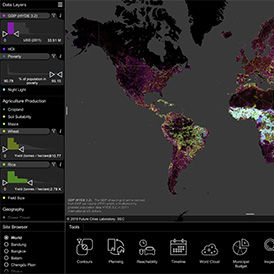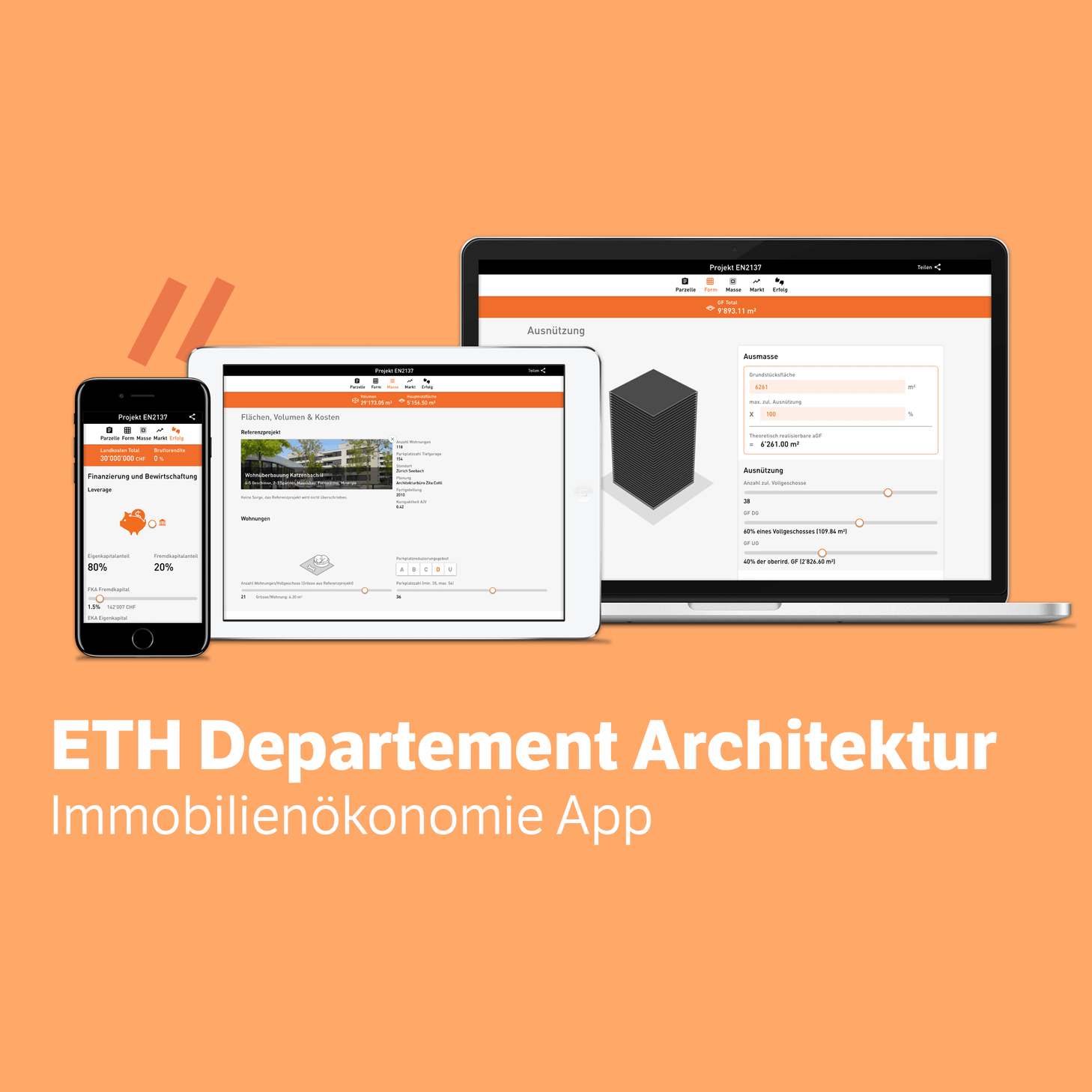This module focuses on mitigating climate impacts at the sea-city fringes in rapidly urbanising cities in tropical Asia. Firstly, it studies measures to mitigate climate change and its effects through urban design and planning (concept plan), environmental science, and biomimicry technology to capture, absorb, store and remove CO2 from the atmosphere. Secondly, it develops practical and scalable nature-based approaches to mitigate the effects of climate change and rising seas through urban design and biophilic approaches for water-sensitive design. Thirdly, it studies the interplay between climate change, an ageing population, and emerging economic developments, promoting current and future liveability.










